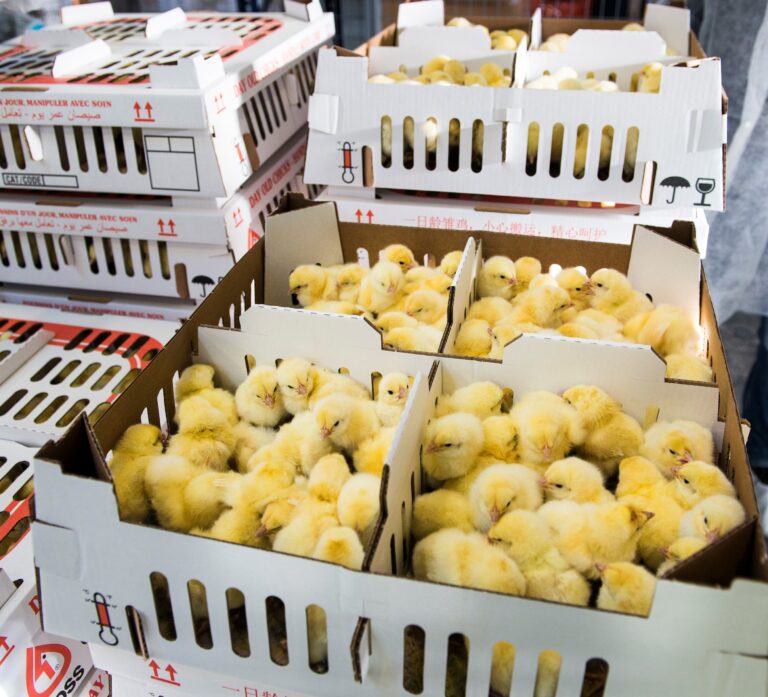The European Parliament has approved new legislation to come into force in 2022, banning the prophylactic use of antibiotics in farming.
Preventative antibiotics can be routinely given to farm animals – particularly to pigs and poultry to prevent infection in intensive housing systems.
The overuse of antibiotics has become a growing concern as there is strong evidence to suggest that it has contributed to an increase in the development of antibiotic-resistant bacteria, which can spread to people, rendering antibiotics ineffective for both humans and animals.
The WHO called for an end to preventative group treatments and for severe restrictions on the use of certain antibiotics classified as high-priority critically important in human medicine.
Preventative antibiotic treatments for individual animals will still be permitted in exceptional circumstances where the risk of disease is high. Group treatments will also be allowed if disease has been diagnosed in some of the animals and there is a high risk it will spread to others, and no alternative treatments are available.
The new EU legislation still needs to be formally approved by the Council of Ministers, but provisional approval by the Council was given earlier this year.
This landmark legislation will only come into force in 2022, post-Brexit, and Michael Gove MP, the Secretary of State for Environment, Food and Rural Affairs, said that during the negotiations over the regulations, the UK “did voice concerns about the restriction of prophylaxis to individual animals”.
The Government says it intends to implement the provisions of the new legislation, but the Government’s Veterinary Medicines Directorate has claimed that the legislation is ambiguous and does not restrict the administration preventative treatments to individual animals. Michael Gove said that the Government will “work constructively with stakeholders to agree how these restrictions can be implemented in practice”, which suggests the UK may not preventative group treatments.


